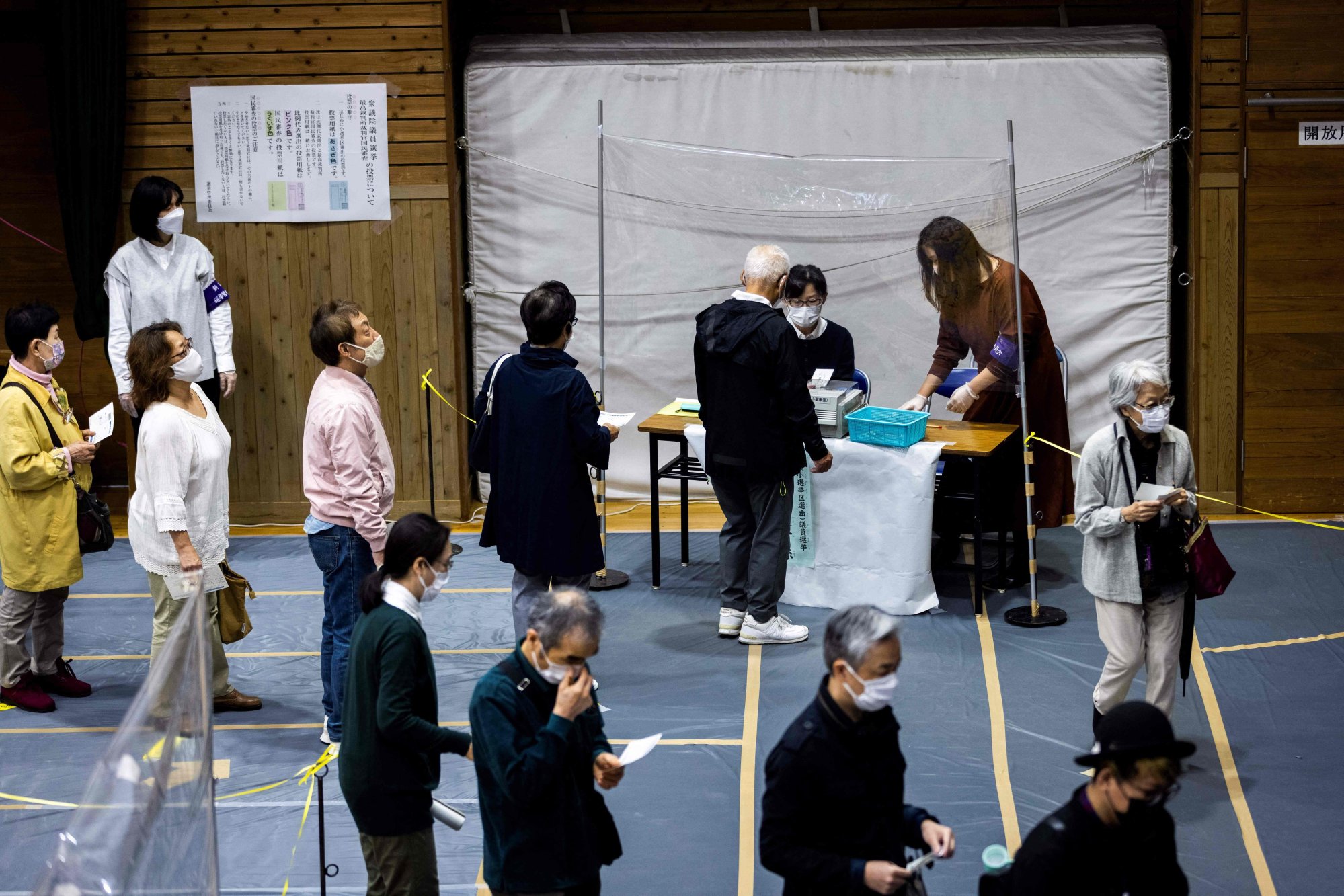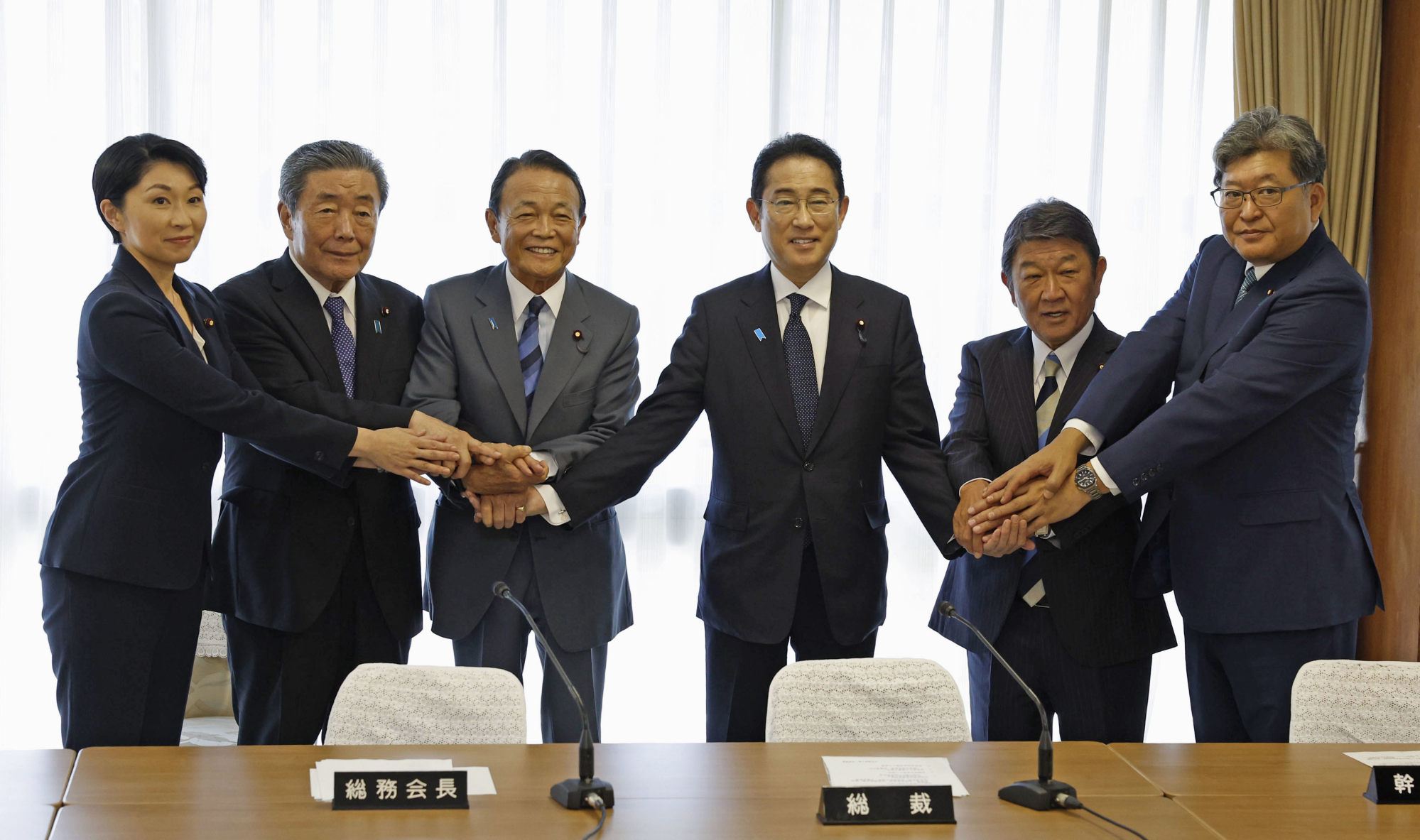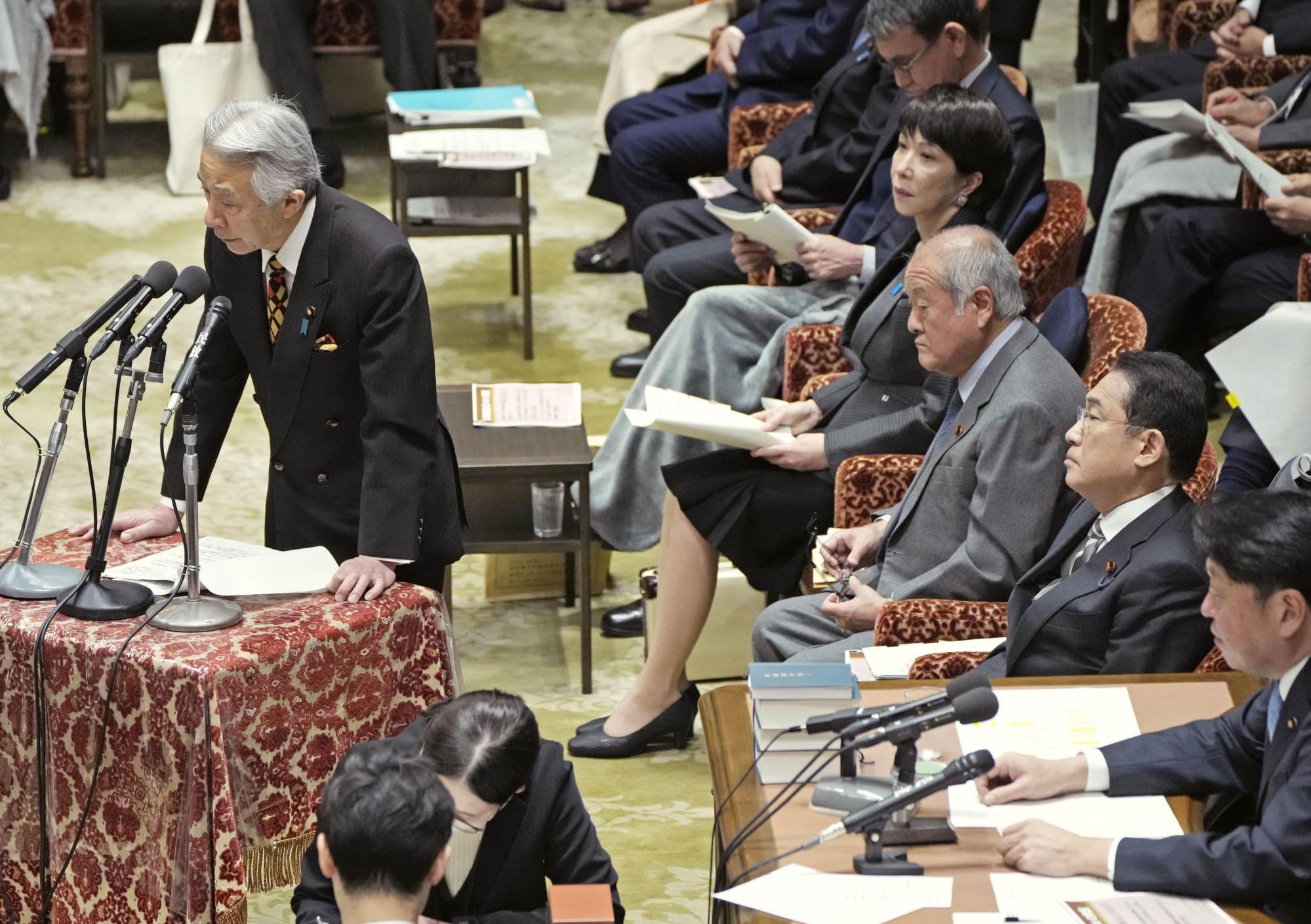This is the first time since November 2012 that the number of people indicating no political affiliation has exceeded 50 per cent.

Support for the ruling Liberal Democratic Party (LDP) stood at 24 per cent last month, the lowest since it returned to power in 2012.
There is deep disappointment – even disgust – in individual politicians, in political parties and the system itself
“I think there is deep disappointment – even disgust – in individual politicians, in political parties and the system itself,” said Yukihisa Fujita, a former politician with the Constitutional Democratic Party.
“Unfortunately, not enough people have the will to try to change things and the electorate has been slowly brainwashed or intimidated to the point that they are no longer able to criticise,” he told This Week in Asia. “There has been a gradual decline and too many people did not realise that this is a crisis of our political system.”

Fujita pointed out that the LDP has been in control for virtually the whole of the last 70 years, with generations of politicians simply taking over the “safe seats” of their fathers and grandfathers. Yet there was little outcry, he said, because the nation avoided discussing religion and politics in the years immediately after World War II.
“Rocking the boat” could open a person up to criticism, Fujita said, leading to generations of Japanese becoming comfortable with the status quo, at least until recently.
“What we are seeing now gives me hope that people are finally beginning to realise that the system is not working for them,” he said. “I think that if a viable alternative candidate with appealing policies suddenly appeared, then the people would rise in support.”
Yakov Zinberg, a professor of international relations at Tokyo’s Kokushikan University, agreed that the Japanese people have become “disappointed” in their elected representatives.
The true power of the cult caught up in Shinzo Abe’s assassination
The true power of the cult caught up in Shinzo Abe’s assassination
“And the opposition parties do not seem to have policies that are different from those of the government, so what does it matter?” he said. “It should not come as a surprise that people feel disconnected and indifferent to politics.”
And that, Zinberg warns, is worrying.
“There will be a general election in the next year or so and I expect the turnout will be very low. And there are obvious implications for the democratic system, Japan’s place in the world, for society and for the economy, all of which are closely linked,” he said.
Zinberg also agreed that, should a charismatic leader emerge with a compelling vision, then he or she may well see voters flocking to their party.
“But now, I do not see leaders who impress the public,” he said. “I see no one on the horizon who could step into that role.”

Moriyama survived the vote, but Fujita believes the debate gives further ammunition to the opposition and increased the likelihood that the next election will lead to a change in government.
“If the opposition parties can start to cooperate more closely and coordinate their efforts and messages, then the people could give them a chance to take the country in a better direction,” Fujita said.

